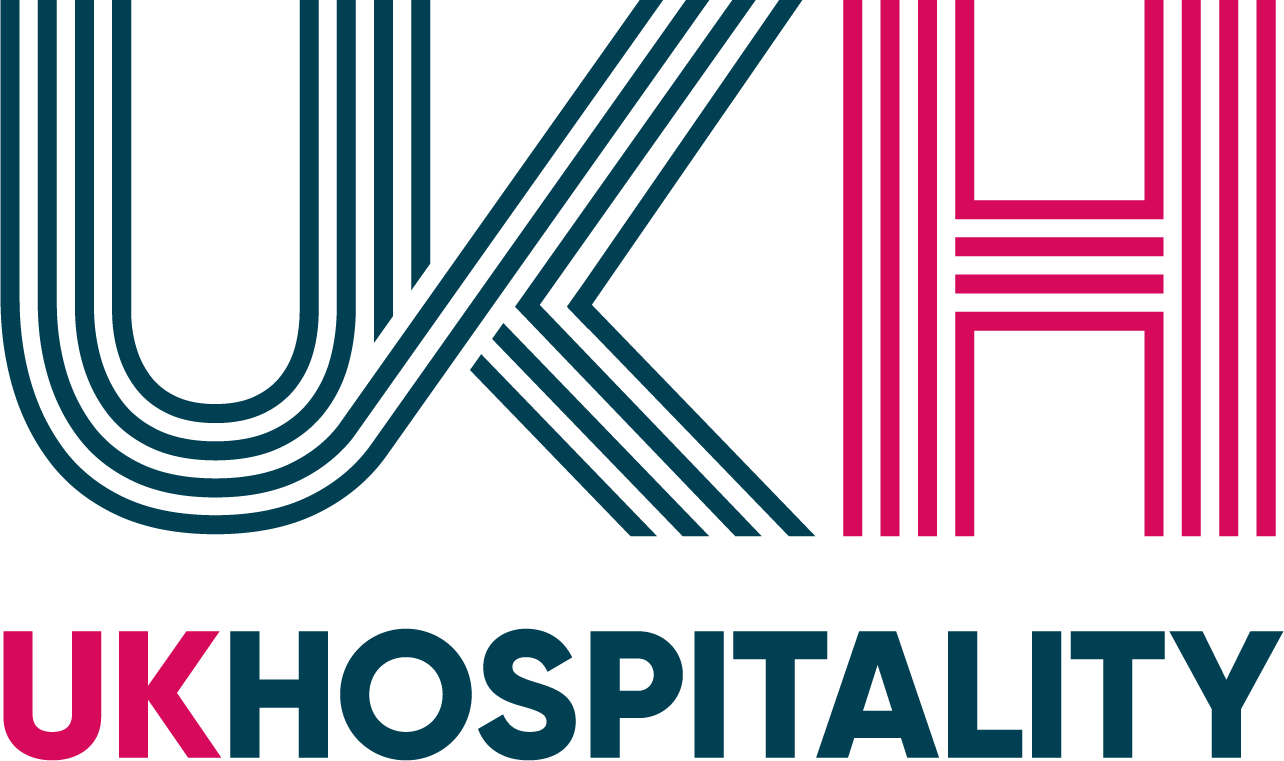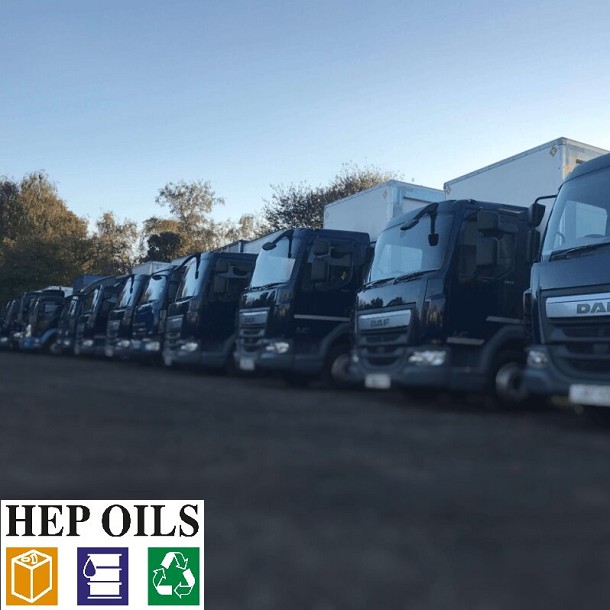How to tackle cooking oil waste
According to Reuters the Used Cooking Oil (UCO) from the food processing industry, restaurants, hotels, catering companies and individual households provide a large proportion of the feedstock in the biodiesel production industry. It is also a high energy feed additive in various livestock feeding products. These benefits have opened the doors for UCO in the commodities market. These institutions are driving the UCO market and helping in the reduction of sewage lines being clogged from the build-up of fats from UCO being disposed down the drains. UCO is refined into biodiesel, used for electricity generation and heating. The regulations surrounding the emission levels at building sites using diesel engine machinery has also been a factor in the rise of the use of Biodiesel.
The UK government have said that new regulations to double the use of sustainable renewable fuels by 2020 are in place. Tough new targets will double the use of renewable fuels in the UKs transport sector within 15 years, cutting the sector’s reliance on imported diesel. Changes to the RTFO (Renewable Transport Fuel Obligation) will compel owners of transport fuel who supply about 450,000 litres a year, to make sure the mix is at least 12.4% biofuel by 2032. Currently, the expected to meet is only 4.75%.
The UK government is also challenging the sector to reduce greenhouse gas emissions by 6% by 2020 which coupled with the RTFO changes will support the UK’s low carbon fuel industry while helping to make sure that the UK transport sector is one of the most sustainable in the world. Initially, these incentives have enabled alternative fuel sources to be developed for cars and lorries, while aviation has traditionally relied heavily on fossil fuels. The UK government initiative will support plans to build Europe’s first waste to jet biofuel plant in Britain. Increasing the use of renewable fuels will reduce carbon emissions, tackle climate change and make the transport sector as sustainable as possible.
How we supply fresh oil and collect UCO reflects our waste management system. We keep in conjunction with industry research due to the regulatory conditions that change from time to time and trends that demand constant monitoring.
Case Study:
A customer of ours was refurbishing their kitchen and requested a different way of containing and getting rid of the UCO generated in their kitchen.
The design and installation of this project required us to liaise with their builders to achieve what would be a first time opportunity in having a system that is both efficient and clean with minimal effort to operate.
Installation of a tank and pipe work connected to pumps has proven extremely beneficial to both the customer and Hep Oils in terms of storage and manual handling. For them to empty their fryers, now, is just a simple push of a button. The risk of creating a slip hazard has been totally eliminated. Also, the UCO does not require cooling down to 40 degrees Celsius as the pumps can handle at least 180 degrees Celsius making it more time efficient for the customer.
A huge benefit to us is, we no longer manually shift large containers of UCO. We just connect a pipe to our tanker and empty the holding tank from the outside the building. The tank also has an electronic integration allowing us to monitor levels remotely via the internet.
Apart from supplying fresh cooking oil we also design waste management systems for our customers that are theft proof.
Get in touch: Hep Oils
www.hepoils.com
info@hepoils.com
01895 824252






